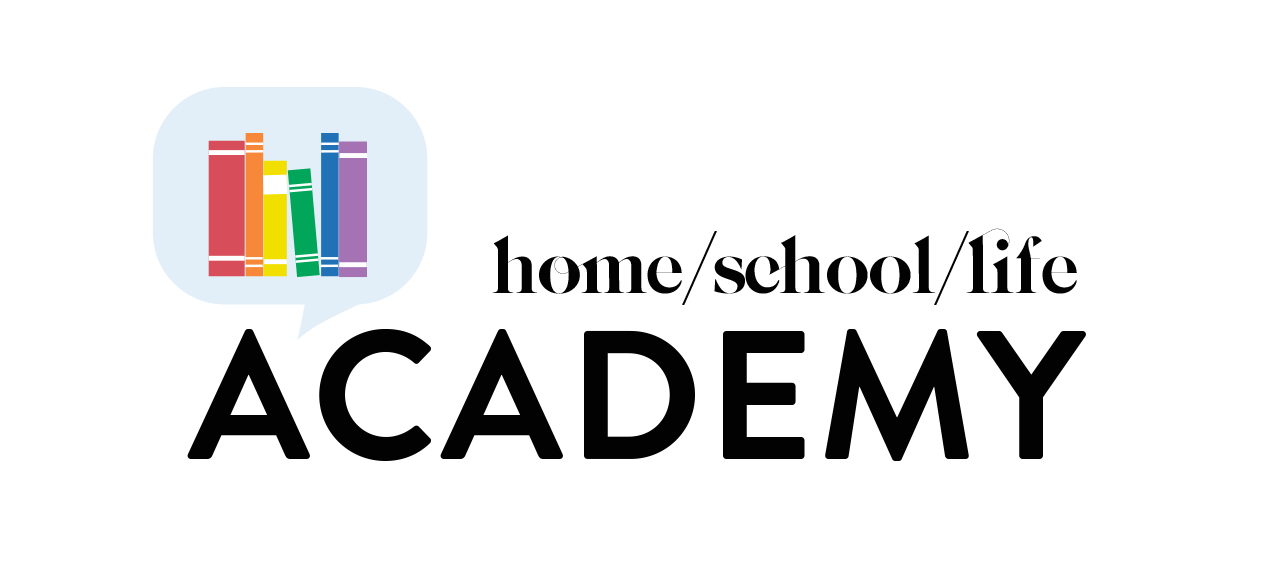It’s important to remember that the work you do to prepare for classes at the Academy isn’t really homework in the traditional sense of the word: It’s class work. You just happen to be doing it at home.
The best part of learning with other people is the conversations you can have about what you’re studying — but in order for that to happen, students must come to class prepared. We don’t want to spend all of our time together reading and taking notes; instead, we ask students to do that part of their work at home, bringing their questions and ideas about the work to class with them. Just as in college classes, you’ll be doing a significant portion of your work independently.
That means that you should expect to spend the equivalent of two full in-class days doing work at home. Your assignments are set up to prepare you for your next class; not doing them means that you are coming to class unprepared. Sometimes you’ll also have homework-homework — projects or writing assignments that ask you to delve deeper into a particular concept or topic. You should expect to spend 12 to 20 hours on homework a week — which sounds like a lot until you remember that you can spread those hours over three days and still have the weekend off. The key is to find a schedule that works for you and not wait until the last minute — if you take four days off and try to squeeze all of your homework into one day, you will probably feel overwhelmed and stressed — and your work will seem sloppy and incomplete.
We have a generous homework policy that recognizes and rewards effort — some of the work we do is challenging, and we don’t expect you to come in with perfect understanding every time. The purpose of homework is to learn to tackle increasingly challenging work, and we ask not for perfect execution but for authentic effort. If you’re working hard, coming to class with questions, and demonstrating that you’ve made a genuine effort, it will be hard not to get a high grade. On the other hand, if your work is consistently half-hearted, if you forget or don’t finish it on a regular basis, and you’re unable to answer very basic questions about it, your grades will reflect that.
Homework is not busy work. It’s important, thoughtful work that deserves your careful attention and best effort.
Read More











